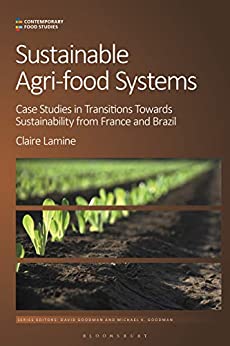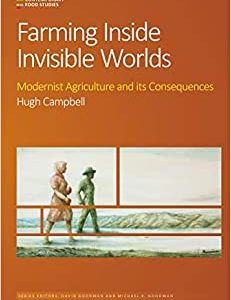Building on recent scholarship in the sociology of food, Claire Lamine uses in-depth case studies from France and Brazil to compile a critical survey of social science approaches to sustainability transitions in agrifood systems. Lamine addresses the diverse pathways of transition encountered across multiple levels, from the farm through farmers' networks and food chains, to the territorial scale of regions. She also explores the efforts made by those involved in the agricultural world to create new connections between agriculture, food, environment and health, while also taking social equity issues into account.
Lamine's work adopts a comparative perspective to explore the translation of agroecology into government programmes and the specific modes of governance involved in France and Brazil – two countries that pioneer in implementing agroecology yet which differ both in visions and context. Providing new options for understanding the complex issue of agrifood transitions, this book will make an impact for those studying food systems, geography, sociology, politics and agriculture.











